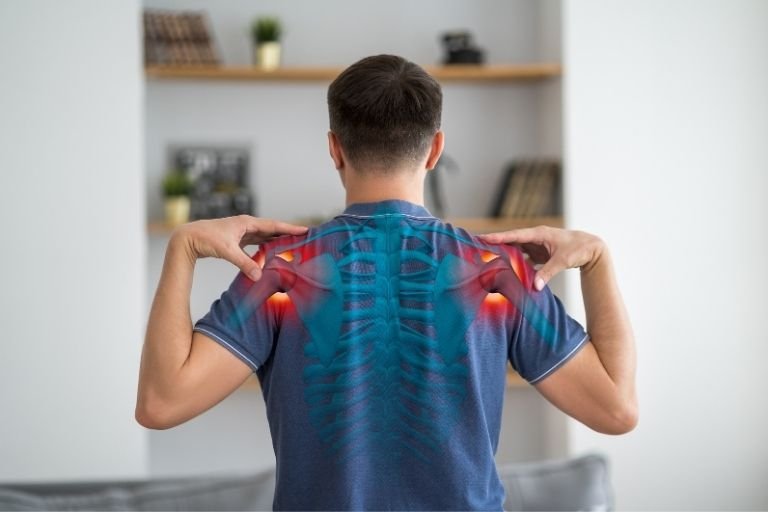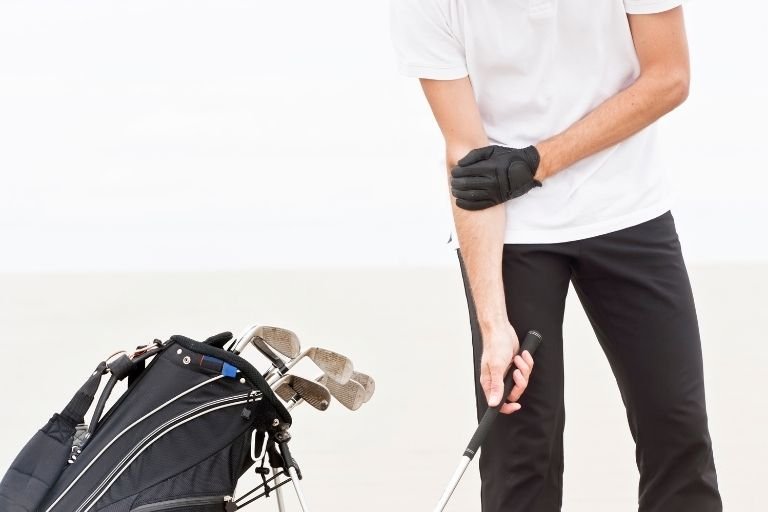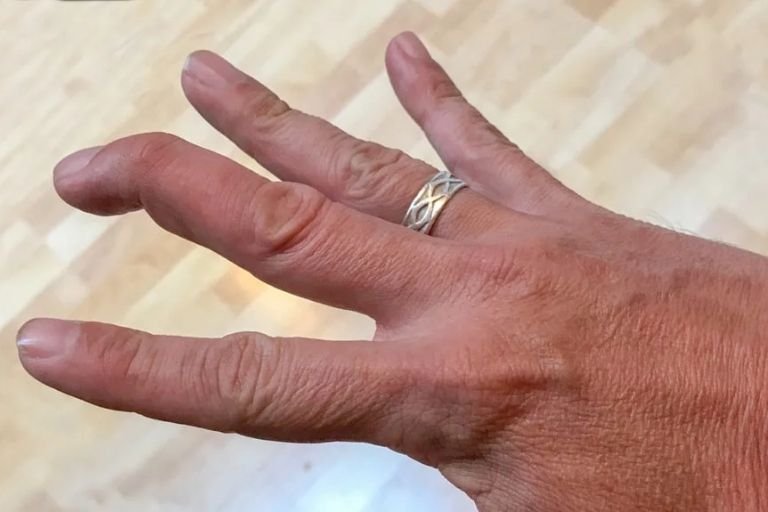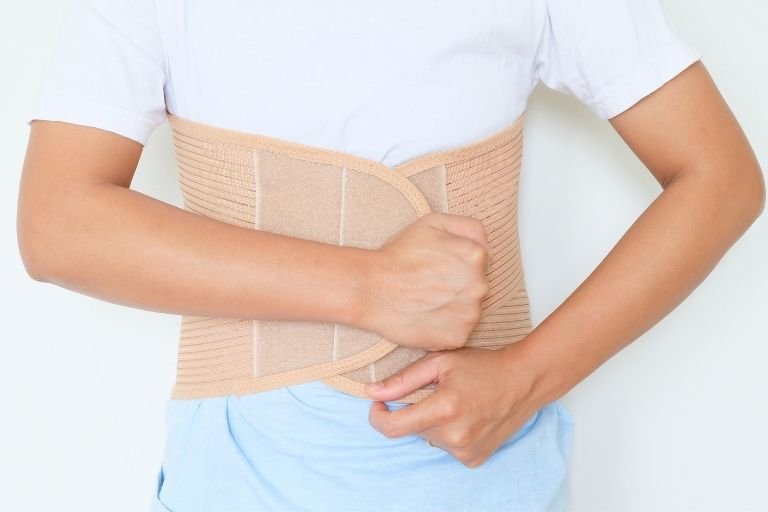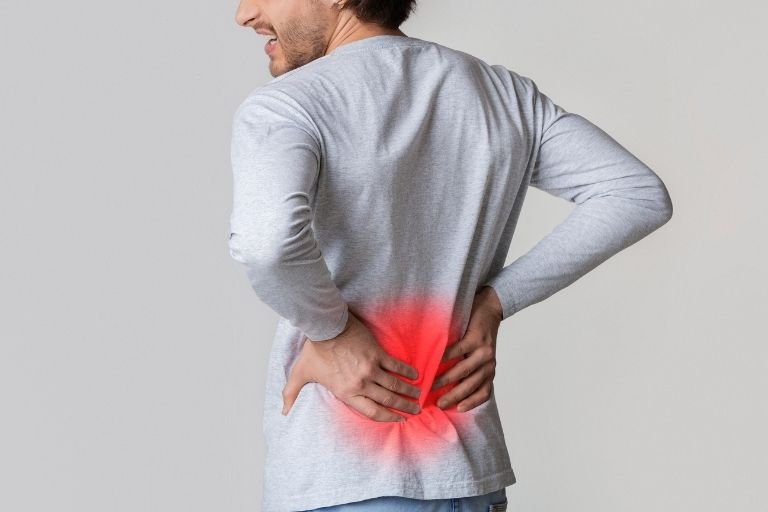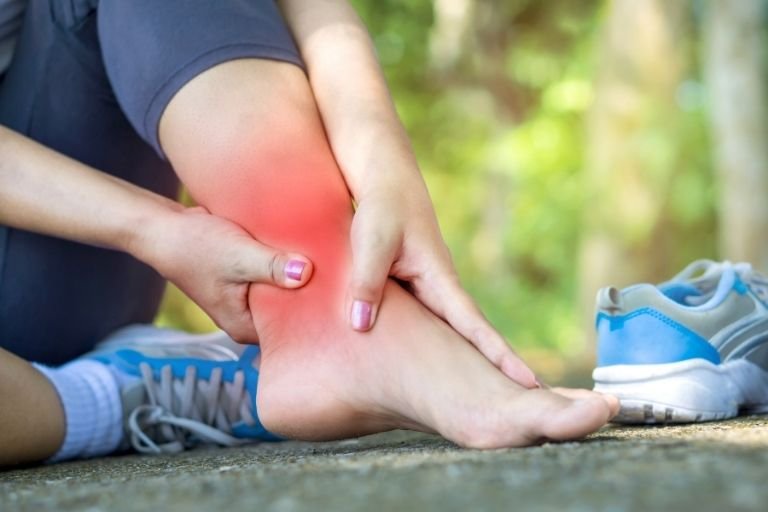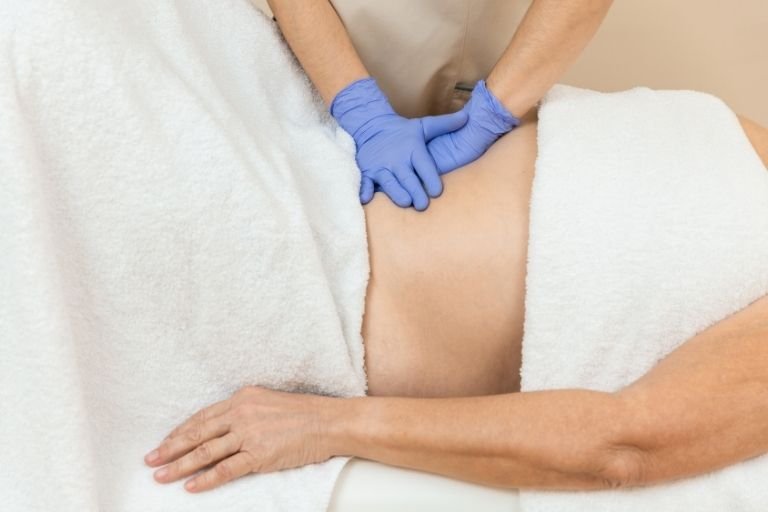- Fitwell Physiotherapy
Muscle & Ligament Strain

Muscle and ligament strains are common injuries that can occur due to various activities or sudden movements. Understanding the causes, when to seek professional help, potential risks, prevention strategies, and available treatments is crucial for managing and recovering from these injuries effectively.
Please submit your details below.
Symptoms:
- Pain: Pain is the most common symptom of muscle and ligament strains. It can range from mild discomfort to intense, sharp pain.
- Swelling: Swelling around the affected area may occur due to inflammation.
- Stiffness: Muscles and ligaments may feel stiff, making movement difficult.
- Bruising: In some cases, bruising may develop around the injured area.
- Weakness: Reduced strength in the affected muscle or joint may be experienced.
Causes:
- Overexertion: Overexerting muscles or ligaments during physical activity, especially without proper warm-up or conditioning, can lead to strains.
- Poor Technique: Incorrect posture or technique during exercise or lifting heavy objects can strain muscles and ligaments.
- Sudden Movements: Abrupt movements or sudden changes in direction, common in sports like basketball or soccer, can cause strains.
- Fatigue: Muscles and ligaments are more susceptible to strain when fatigued, increasing the risk during prolonged or intense physical activity.
- Age: As people age, muscles and ligaments may become less flexible and more prone to injury.
When to See a Physiotherapist:
It’s advisable to consult a physiotherapist if you experience persistent pain, swelling, or limited mobility after a suspected muscle or ligament strain. Additionally, seek medical attention if you’re unable to bear weight on the affected limb, experience numbness or tingling, or if the injury is severe.
Risks:
- Re-injury: Returning to physical activity too soon or without proper rehabilitation increases the risk of re-injury.
- Chronic Pain: Ignoring or inadequately treating muscle and ligament strains can lead to chronic pain and long-term mobility issues.
- Complications: Severe strains may lead to complications such as muscle weakness, limited range of motion, or joint instability if not properly managed.
How to Prevent:
- Warm-up: Always warm up before engaging in physical activity to prepare muscles and ligaments for exercise.
- Proper Technique: Learn and practice proper technique for exercises and activities to reduce the risk of strain.
- Gradual Progression: Gradually increase the intensity and duration of physical activity to allow muscles and ligaments to adapt.
- Rest and Recovery: Adequate rest between workouts is essential for muscle and ligament recovery and prevents overuse injuries.
- Strength and Flexibility Training: Incorporate strength and flexibility exercises into your routine to build resilience and reduce the risk of strain.
Treatments:
- Rest: Resting the affected muscle or joint is crucial to allow healing and prevent further damage.
- Ice and Heat Therapy: Apply ice packs to reduce inflammation and pain during the initial stages of injury, followed by heat therapy to promote blood flow and relaxation.
- Compression: Using compression bandages or wraps can help reduce swelling and provide support to the injured area.
- Elevation: Elevating the injured limb above heart level can also help reduce swelling.
- Physiotherapy: A physiotherapist can design a rehabilitation program tailored to your specific injury, including exercises to improve strength, flexibility, and mobility.
- Medication: Over-the-counter pain relievers such as ibuprofen or acetaminophen can help manage pain and inflammation.
In conclusion, while muscle and ligament strains are common injuries, they can often be prevented with proper conditioning, technique, and care. Seeking timely treatment and following a comprehensive rehabilitation program can promote healing and reduce the risk of long-term complications.
Frequently Asked Questions
Related Conditions
How Fitwell Physiotherapy Can Help?
Dr. Richa’s Fitwell physiotherapy has an extensive team of physiotherapists all within their own specialist areas of physiotherapy. Whatever your condition, we guarantee that we will have the best physiotherapist for you. We assess, diagnose, plan, cure and care for you.
Fitwell Physiotherapy Clinic, Pune provides you best physiotherapy treatment in Kharadi, pune. We also serve Chandan Nagar, Vadgaon Sheri, Keshav Nagar, Wagholi & nearby Areas in Pune. We are experts in treating Neck Pain, Hand Pain, Back Pain, Lower Back Pain, Knee Pain, Stiff Neck, Sciatica, Arthritis, Stroke Paralysis & Post Surgical Rehab.
We provide Specialized physiotherapy treatments in Sports Injuries, Pre and post Surgery, Neurologic, Pediatric, Chronic Pain/Fatigue, Rheumatology, Women’s Health, Men’s Health, Ergonomics, Vestibular, Amputees & all sort of Pain treatment and lifestyle conditions.






















